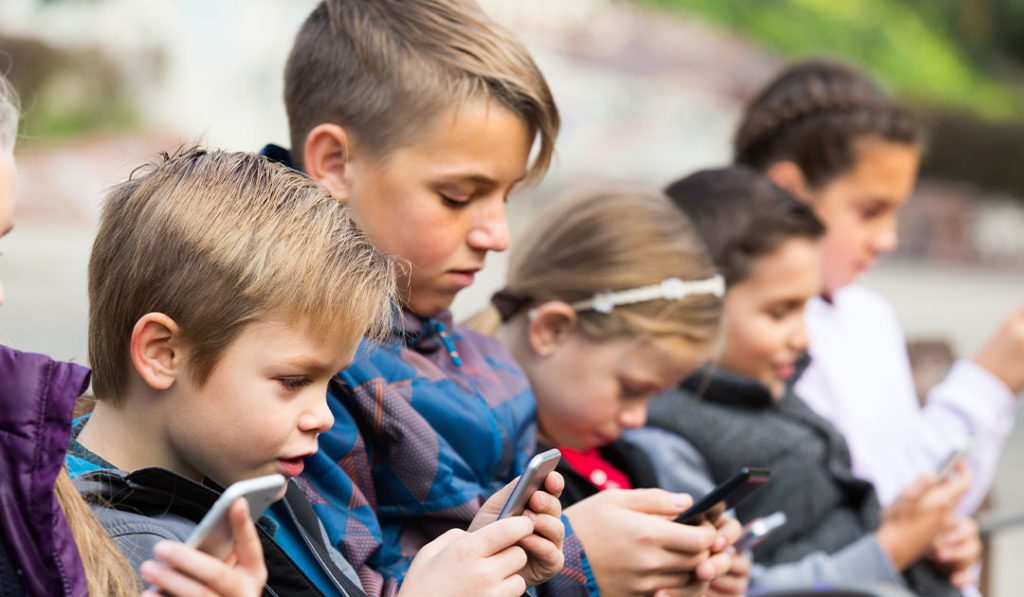
Technology plays a huge role in shaping the upbringing of today’s kids. With the rise of smartphones, tablets, and various gadgets, there’s also a surge in educational apps and programs tailored for children. While these tools aim to enhance learning, studies have revealed that they can actually impede early childhood development.
🌙🚫📱 Using blue-light emitting devices such as smartphones and tablets before bedtime can disrupt children’s sleep patterns by suppressing melatonin, a hormone crucial for regulating their sleep cycle, as per a Harvard Medical School article.
🧠📺 Excessive screen time can overstimulate children’s brains and eliminate moments of boredom, which are vital for fostering creativity and imagination. According to Rich, an associate professor at Harvard Medical School, and director of the Center on Media and Child Health at Boston’s Children’s Hospital, “Boredom is where creativity and imagination thrive.” He highlights how real-life experiences are often overshadowed by screen-induced habits and emotions.
📺🕰 Research indicates a connection between screen time and child development, with kids aged 2-5 spending up to 25 hours per week watching TV. This sedentary behavior deprives them of outdoor play and essential Vitamin D necessary for healthy growth. The American Academy of Pediatrics (AAP) recommends restricting digital media exposure for children under 18 to 24 months, except for video chatting. For kids aged 2 to 5, limiting screen time to 1 hour a day with high-quality content is encouraged.
To enhance children’s communication skills, try these tips:
- Plan fun activities and playdates to steer them away from screen-based entertainment.
- Introduce them to exciting screen-free hobbies.
- Engage with the content your kids watch to understand their interests and spot any unusual behaviors.
- Be a positive role model by putting down your devices and being fully present.
For more entertainment ideas, check out our blog post on the Top 5 Ways to Keep Your Kids Active in Summer.
